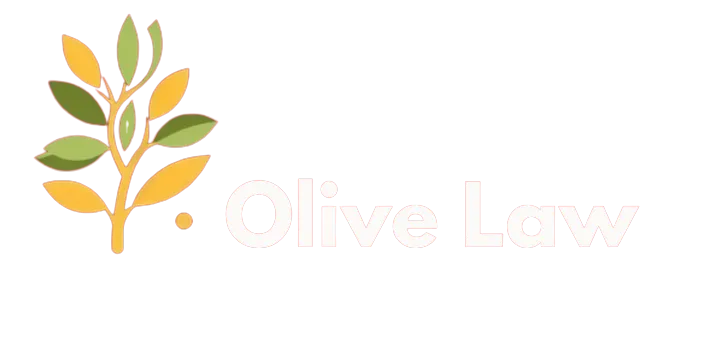The Intersection of Technology and Personal Injury Law
The Digital Revolution in Legal Practice
The legal landscape is undergoing a transformation, thanks in large part to advancements in technology. Gone are the days when personal injury cases were solely reliant on paper trails and eye-witness accounts. Today, digital evidence like social media posts, GPS data, and even smart home devices can play a crucial role in shaping the outcome of a case.
Wearable Tech as Evidence
Consider the role of wearable technology like fitness trackers. These devices monitor various aspects of our daily lives, from the number of steps we take to our heart rate and sleep patterns. In a personal injury case, data from a fitness tracker can provide valuable insights. For instance, if someone claims to have severe mobility issues after an accident, but their fitness tracker data shows otherwise, it could significantly impact the case.
Drones in Accident Reconstruction
Drones are another technological innovation making waves in personal injury law. They are increasingly used for accident scene reconstruction, providing aerial views that can offer unique perspectives and valuable insights. This kind of visual evidence can be compelling in court, helping juries understand the dynamics of an accident more clearly.
The Ethical Quandary
However, the integration of technology into legal practices isn’t without its ethical dilemmas. Questions about data privacy and the admissibility of digital evidence are still being debated. The law is often slow to catch up with technology, creating gray areas that both plaintiffs and defendants must navigate carefully.
Technology is rapidly becoming a cornerstone in the realm of personal injury law, offering innovative ways to gather evidence and present cases. As we look to the future, it’s likely that emerging technologies like augmented reality and even artificial intelligence could further revolutionize how personal injury cases are handled. These advancements may offer unprecedented accuracy in case evaluations, but they will also bring forth new ethical and legal questions that will challenge traditional norms. The intersection of technology and personal injury law is poised to be a dynamic and evolving landscape, one that could redefine the very nature of legal practice.

